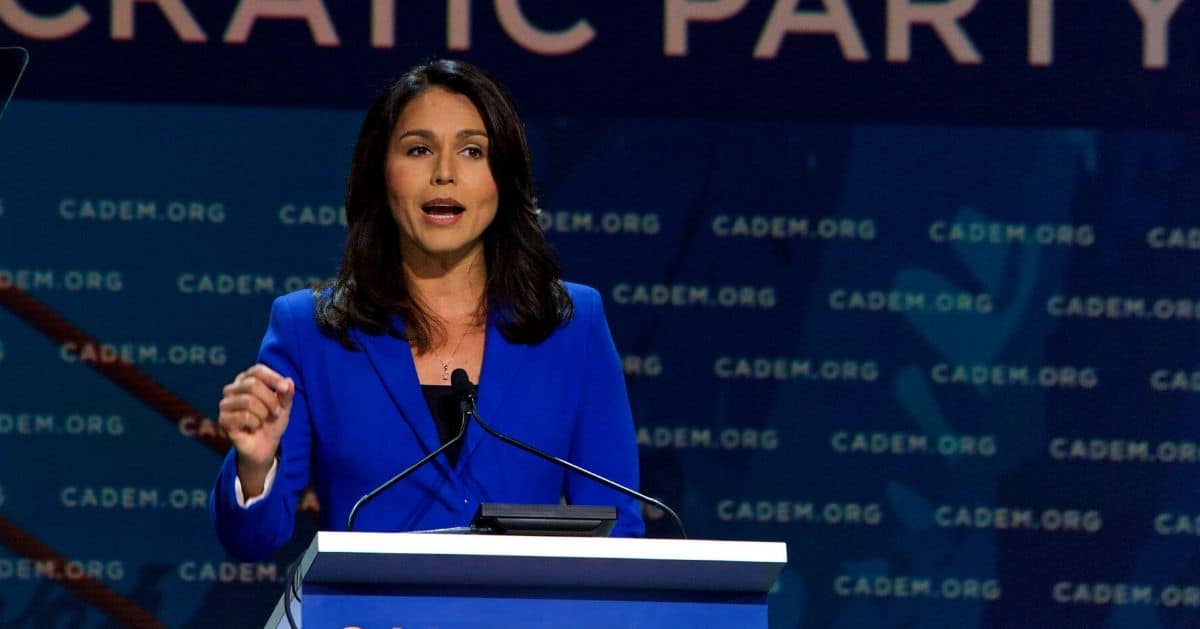






President Donald Trump is diving into diplomatic waters with Brazil’s left-leaning President Luiz Inácio Lula da Silva, despite some serious trade and ideological friction.
The Daily Wire reported that Trump and Lula held a phone conversation on Monday, centering on economic ties and trade matters between the United States and Brazil.
But let’s rewind a bit to July, when Trump slapped a hefty 40% tariff on Brazilian goods, on top of an existing 10% baseline, partly as a jab at Brazil’s crackdown on social media speech and its treatment of former President Jair Bolsonaro.
This tariff move wasn’t just a random flex—it was a direct response to what the Trump administration sees as Brazil’s troubling stance on free expression and political dissent.
Adding fuel to the fire, the administration also sanctioned Brazilian Supreme Federal Court Justice Alexandre de Moraes in July, labeling Brazil an “unusual and extraordinary threat” to U.S. national security over actions like politically charged raids and a nationwide ban on Elon Musk’s platform, X.
Moraes, who led the trial against Bolsonaro after Brazil’s contentious 2022 election, has been accused of stifling dissent—a move Trump has publicly called out as “insidious attacks on Free Elections, and the fundamental Free Speech Rights of Americans” (President Donald Trump).
Fast forward to Monday’s 30-minute call, where Lula didn’t shy away from asking Trump to reconsider that punishing 40% tariff on Brazilian exports, which totaled around $40 billion to the U.S. in 2024, with crude petroleum leading the pack.
Brazilian officials described the exchange as “positive” and even “better than expected,” signaling a glimmer of hope for negotiations to ease the trade burden.
Still, Lula hasn’t been quiet about his frustration, previously slamming Trump’s trade tactics as “tariff blackmail” for meddling in domestic affairs (President Luiz Inácio Lula da Silva).
Let’s unpack that quote—while Lula cries foul over trade policies, one has to wonder if Brazil’s own heavy-handed approach to silencing voices online isn’t the real blackmail here.
Trump’s tariff strategy isn’t just about Brazil; it’s part of a broader push, including pressure on India to cut ties with Russian oil and military deals, all to curb Russia’s actions in Ukraine.
Yet for Brazil, the focus remains clear—Trump wants leftist leaders and judges to stop what he sees as assaults on fair elections and open discourse.
Despite the tension, both leaders agreed to meet soon in Brazil and the U.S., suggesting a willingness to keep the conversation alive rather than let tariffs do all the talking.
With Brazil eager to negotiate a lower tariff rate and Trump keen on addressing free speech concerns, these future sit-downs could either mend fences or sharpen the divide.
One thing’s for sure—this diplomatic dance between a staunch conservative and a progressive heavyweight is a tightrope walk worth watching, as both nations grapple with trade worth billions and principles worth even more.



